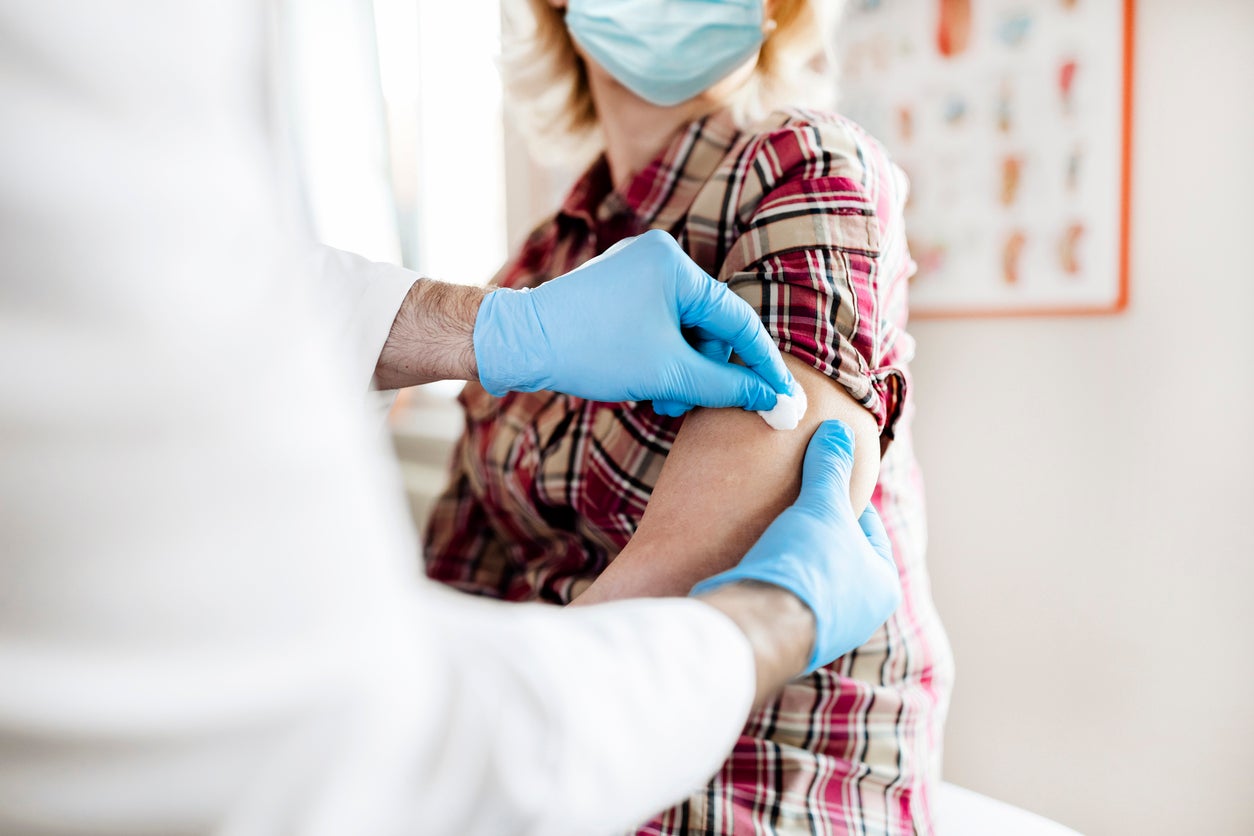Stigma really does kill – people with learning disabilities are being let down by this government
The government has a responsibility to protect the most vulnerable in society from coronavirus – that includes those with learning difficulties


Your support helps us to tell the story
From reproductive rights to climate change to Big Tech, The Independent is on the ground when the story is developing. Whether it's investigating the financials of Elon Musk's pro-Trump PAC or producing our latest documentary, 'The A Word', which shines a light on the American women fighting for reproductive rights, we know how important it is to parse out the facts from the messaging.
At such a critical moment in US history, we need reporters on the ground. Your donation allows us to keep sending journalists to speak to both sides of the story.
The Independent is trusted by Americans across the entire political spectrum. And unlike many other quality news outlets, we choose not to lock Americans out of our reporting and analysis with paywalls. We believe quality journalism should be available to everyone, paid for by those who can afford it.
Your support makes all the difference.People with a learning disability are up to eight times more likely than the general population to die as a result of Covid-19. You’d assume such an elevated risk would propel them up the priority list for vaccination; not so.
Although those with “a severe or profound” learning disability are in group six of the priority list for the first phase of the vaccination, everyone else is not. There is no evidence that those with a mild or moderate learning disability are any less vulnerable than their peers with a severe learning disability.
This arbitrary distinction will be challenging as well as ill-judged. Doctors will have to carry out time-consuming assessments of 1.5 million individuals to distinguish the degree of learning disability. The pragmatic way would be to remove the criteria and prioritise all those with a learning disability, in turn freeing up scarce medical resource.
Using the evidence gathered in the first wave of the pandemic points to factors other than the degree of learning disability in elevating the risk of dying from coronavirus. Those aged between 18 and 34 are a staggering 30 times more likely to die than those in the general population. This disparity prompted the law firm Bindmans to start legal action against the Department of Health and Social Care on behalf of their 19-year-old client with a learning disability. The firm asserts that their client should be prioritised for the vaccine given the raised threat to their life. They point to the difficulty their client and others living in residential care have in social distancing, which contributes to the increased risk of contracting the virus.
There are established physical health problems that contribute to the greater risk of dying from Covid-19, including higher rates of diabetes, obesity and respiratory problems, than the general population. But there are additional issues. Some people with learning difficulties will have difficulty communicating coronavirus symptoms and staff caring for them may also struggle to discern these emerging symptoms. Unwittingly this will expose others in residential care to the virus. Any delay in diagnosing coronavirus increases the likelihood that symptoms become severe, delaying hospital admission and as a result makes treatment that bit more challenging.
But this heightened risk is not limited to physical factors. Social components are just as responsible for coronavirus deaths in this group. Decades of inequality experienced by those with a learning disability ensure that they are not in the same position as those in the wider population. Stigma really does kill. The embedded societal stigma towards learning disability has produced inadequate care and support. Something that’s not lost on those with a learning disability – one recent Dimensions survey found over three-quarters felt they didn’t matter to the government. People with learning disabilities are just as sensitive and able to feel rejection, isolation and prejudice in an equally distressing way.
Providing accessible information about coronavirus and vaccines is an important way of keeping those with a learning disability appraised but so has so far been absent from government plans –another indicator of how little value is given to this group.
We are so much more informed of the impact coronavirus had on those with a learning disability thanks to data collected and analysed during the first wave of the pandemic. Failing to act on this evidence could condemn many of these individuals to premature death. This is not an acceptable position for policymakers. It is the cruellest of acts in this crisis.



Join our commenting forum
Join thought-provoking conversations, follow other Independent readers and see their replies
Comments